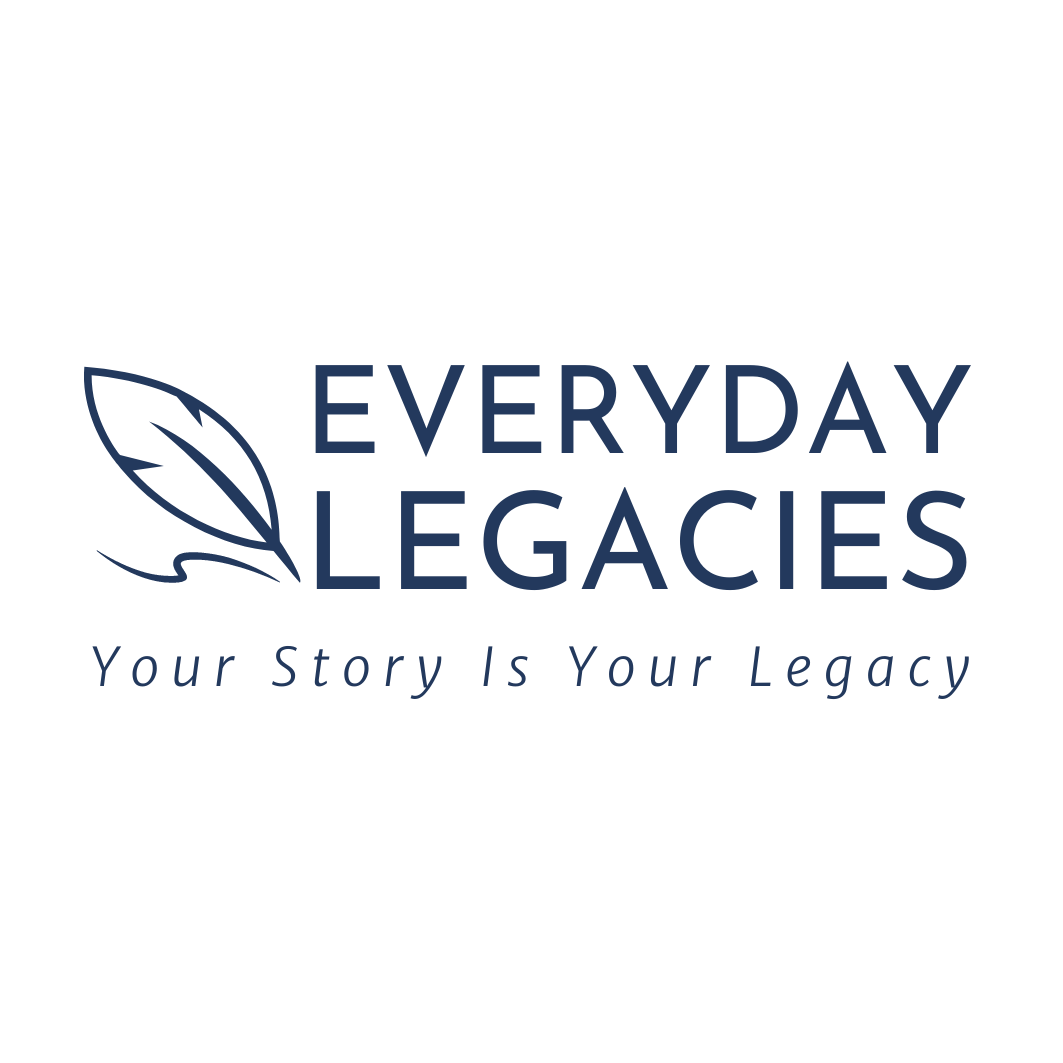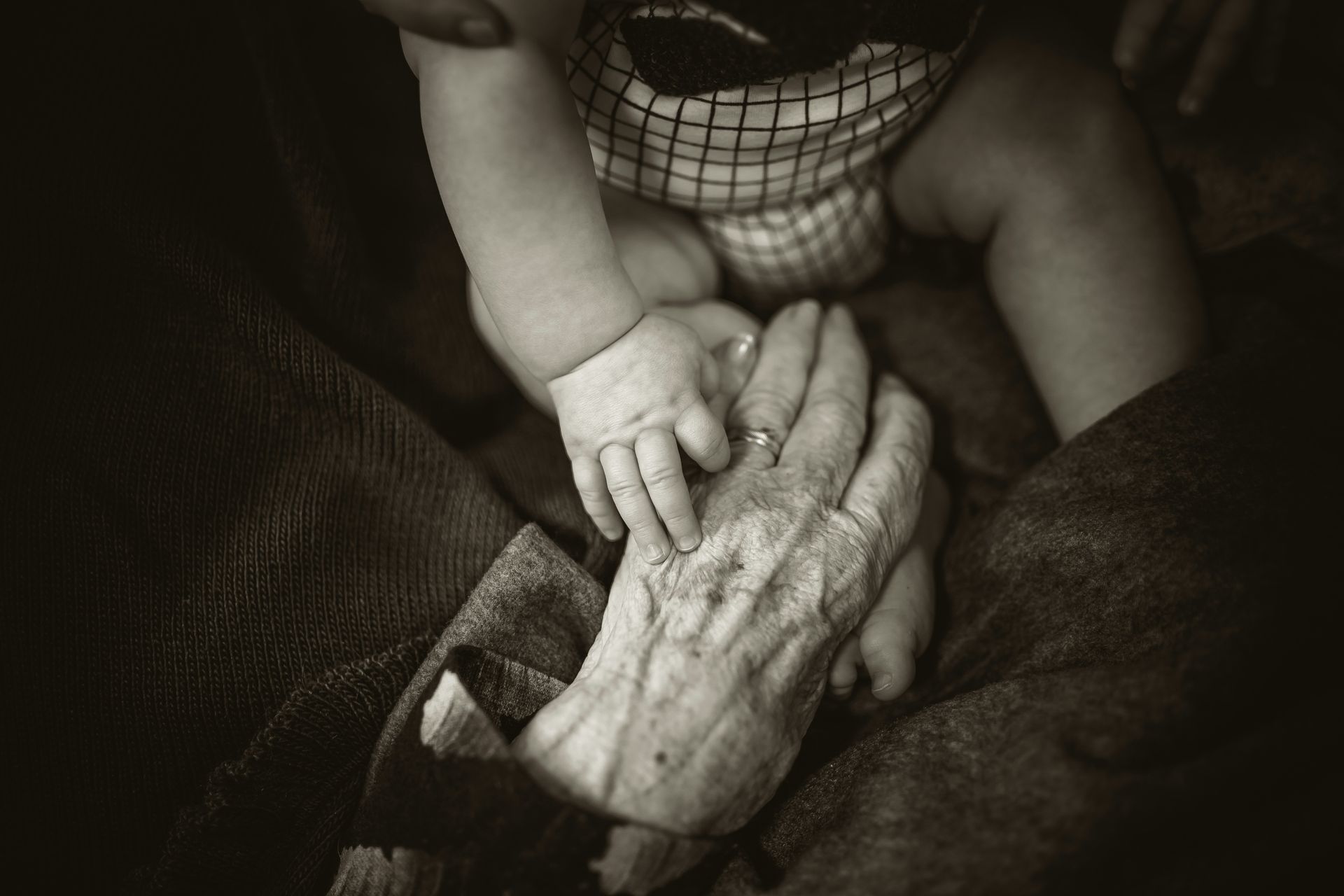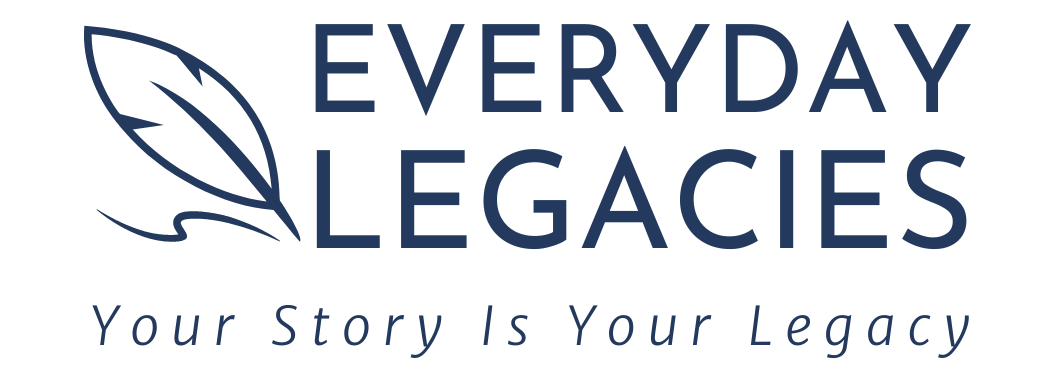The Hard Times: How to Write About Traumatic Experiences
Life is perfect for no one. While it can be filled with moments of joy, triumph, and love, it can also take us through dark and challenging times that leave lasting scars on our souls. Many of us carry the weight of traumatic experiences, and aren't sure how to address them when it comes to sharing our story. Following are some ideas for helping you tell your story authentically, in a positive and healthy way.

Every experience you endure becomes part of your life story. In this blog post, we will firstly explore the benefits of writing about traumatic experiences and secondly, offer some ideas for how to do so in a positive, encouraging, and honest way. The most important thing about recording your life story is to share you hard-won wisdom, for your own healing and with the perspective to lend a helping hand to others facing similar struggles. You never know when your life experience will become someone else's lifeline.
Writing as Catharsis
Writing is an incredible cathartic process that allows us to release pent-up emotions, thoughts, and memories. It provides a safe space to confront and process emotions that may have been buried for years. Through writing, you can release pent-up feelings of anger, grief, and fear, which can be profoundly healing. As the famous poet Maya Angelou once said, "There is no greater agony than bearing an untold story inside you." Through writing, we can give voice to our pain, fears, and hopes, freeing ourselves from the heavy burden of the unspoken. In fact, writing can be such a therapeutic process that it is often employed as a tool in mental illness treatment programs.
Self-Reflection and Healing
Writing about traumatic experiences doesn't only allow us to get the hard stuff out. In addition to the cathartic elements, recording our hard times enables us to gain a deeper understanding of ourselves. By putting our thoughts on paper, we begin to unravel the complexity of our emotions and gain clarity about the events that have shaped us. This self-reflection is a crucial step towards healing and personal growth.
Psychologist James Pennebaker, a pioneer in the field of expressive writing, has shown that writing about trauma can lead to significant improvements in mental and physical well-being. It can reduce symptoms of depression, anxiety, and even boost the immune system.
Connecting with Others
Aside from the personal benefits of telling our true story, one of the most profound aspects of sharing our experiences is the connection it fosters with others. When we open up about our true experiences--even the hardest ones--we often find that we are not alone in our struggles. Our stories help us to connect to others who may have faced similar challenges, creating a sense of solidarity and empathy.
In the words of Brené Brown, a renowned vulnerability researcher, "Vulnerability is not winning or losing; it's having the courage to show up and be seen when we have no control over the outcome." Sharing our hardships is an act of courage that can inspire others to do the same.
Throwing a Lifeline
When we write about our traumatic experiences, we become beacons of hope for those who are currently in the throes of their own struggles. Our stories can offer comfort, guidance, and reassurance that healing is possible. They remind others that they too can overcome adversity.
As the acclaimed author Anne Lamott puts it, "You own everything that happened to you. Tell your stories." Writing about trauma isn't about blame; it's about healing and helping.
Tips for Writing About Traumatic Experiences
With all of the research and resources on this topic, the next step in telling your true story (trauma and all), for your own and for others' benefits, is knowing how to address it in such a way as to be helpful and purposeful, and not to come across as just "spewing," venting, or angry. Following are some ideas that may be helpful:
Start with Self-Compassion
Begin by acknowledging that you are writing for yourself first. Be gentle and compassionate with yourself as you relive difficult moments. Self-compassion is the foundation upon which you can build a healing and powerful narrative.
Find Your Authentic Voice
Write in a way that feels authentic to you. Don't feel pressured to conform to a particular writing style or structure. Whether it's through poetry, journaling, or memoir, find the medium that best suits your story.
Seek Support
Writing about trauma can be emotionally challenging. Don't hesitate to seek support from a therapist, counselor, or support group if needed. These resources can provide guidance and a safe space to process your emotions even as you record them for others.
Focus on Resilience and Growth
While it's essential to acknowledge the pain you have experienced, the power of that pain is found as you place the emphasis on your growth and resilience. As you tell your story, highlight the lessons learned, the strength gained, and the positive changes that have emerged from your experiences. Remember, the power of personal history is less about telling--or dwelling--on the dark details of hard experiences, and more about drawing the lessons from them.
Respect Your Boundaries
It can take profound courage and great emotional effort to acknowledge--and record--the hard parts of your life. Always remember that ultimately, you have complete freedom to choose how much you want to share and with whom. Respect your own boundaries and only reveal what feels comfortable for you. Your life story doesn't have to be a sensational, "tell-all" blockbuster to be a powerful and instructive benefit to others.
Conclusion
Every experience, no matter how traumatic, contributes to the unique tapestry of your life story. By writing about these experiences in a positive, encouraging, and honest way, you not only move toward healing yourself but also extend a helping hand to others who may be facing similar struggles.
Your words and example can become a lifeline, offering hope and inspiration to those in need. Remember, your life experience is a testament to your strength and resilience, and it has the power to inspire and uplift others on their own journeys of healing and self-discovery. So, embrace the transformative power of storytelling--pick up that pen or keyboard and start writing your story. Your words have the power to heal and inspire, both you and others.










